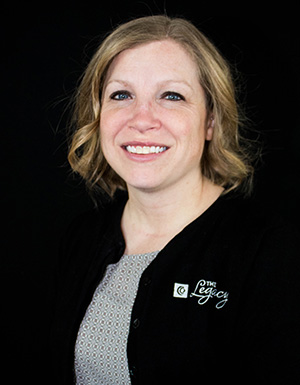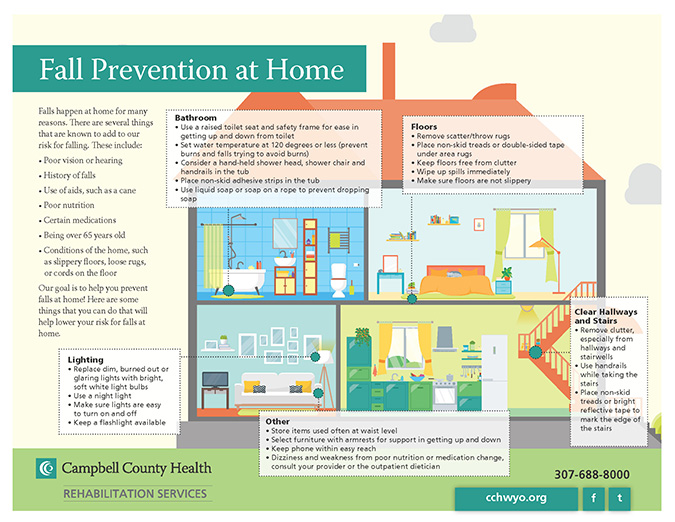
Recently a couple adjusting to life with disability told me, “Everything
takes more time than you think it should. EVERYTHING.”
Every caregiver learns this lesson quickly.
Caregivers are tasked with finding balance between helping their loved one with self-care
tasks, such as getting dressed or brushing their hair, and encouraging
them to be independent. It’s hard to watch them struggle with things
they used to do easily. Yet knowing when to step back is important for
their physical, mental, and emotional wellbeing.
Engaging in self-care activities helps to preserve a person’s physical
strength and endurance. It also helps maintain cognitive skills, such
as planning and memory. Allowing your loved one enough time to complete
tasks can give them a greater sense of purpose and dignity. Additionally,
it takes much of the physical load off the caregiver. By this, the caregiver
is able to preserve their own strength and energy.
In
Occupational Therapy, our focus is to help patients become as independent as possible. To do
this, we take advantage of the host of simple devices available for self-care
tasks. For instance, someone with difficulty bending forward can use a
sock aid to put on their own socks. Someone who tends to drop their eating
utensils during meals might benefit from spoons and forks with built-up
handles. A long-handled reacher can make items on the floor or in the
washing machine more accessible. Elastic shoelaces can make a favorite
pair of shoes easy to slip on. A long-handled bath sponge can allow more
independence in the shower. These tools might allow a disabled person
to feel empowered as they strive to maintain their independence.
Another important aspect of independence is safety. Most seniors want to
stay in their own homes or “age in place.” Making sure the
home is a safe environment is essential. Removing throw rugs and clutter
from the floor can prevent falls. It will allow your loved one to move
around the home more freely. Installing grab bars in the bathroom can
allow them to stand up from the toilet or get into the shower more easily.
Caregivers are often overwhelmed physically and emotionally with the demands
placed on them. Setting up a safer environment, providing tools to help
with self-care tasks, and knowing when to step back can empower your loved
one to maintain their independence and increase their quality of life.
Beth Holden is an Occupational Therapist in
Short Term Rehabilitation at
The Legacy Living and Rehabilitation Center in Gillette, Wyoming. Beth is presenting at the
Northeast Wyoming Caregiver Conference on Saturday, May 18. Learn more about the conference at
www.cchwyo.org/caregiver. To learn more about The Legacy, visit
www.legacywyo.org.
Resources
Click the image below to
download a flyer on Fall Prevention at Home provided by Campbell County Health
Rehabilitation Services.
